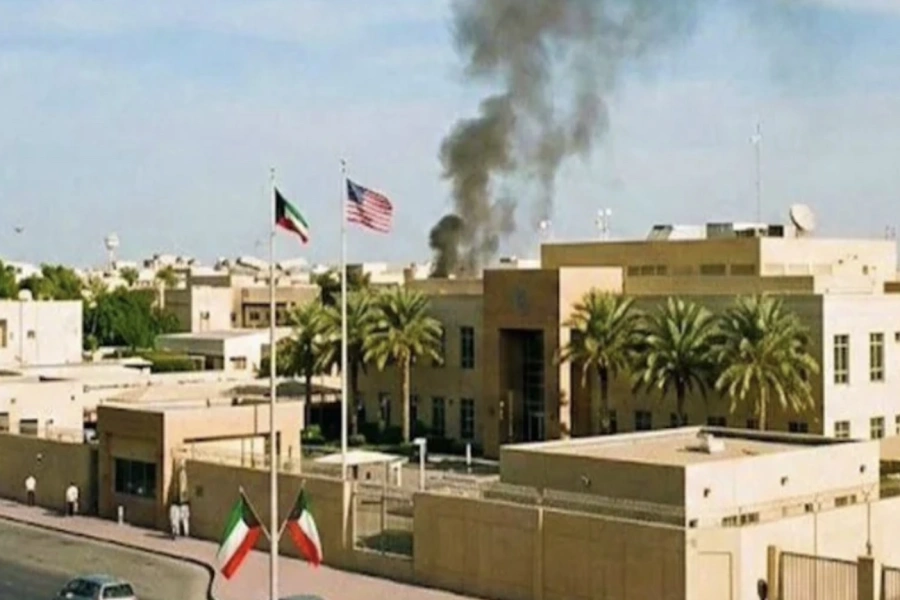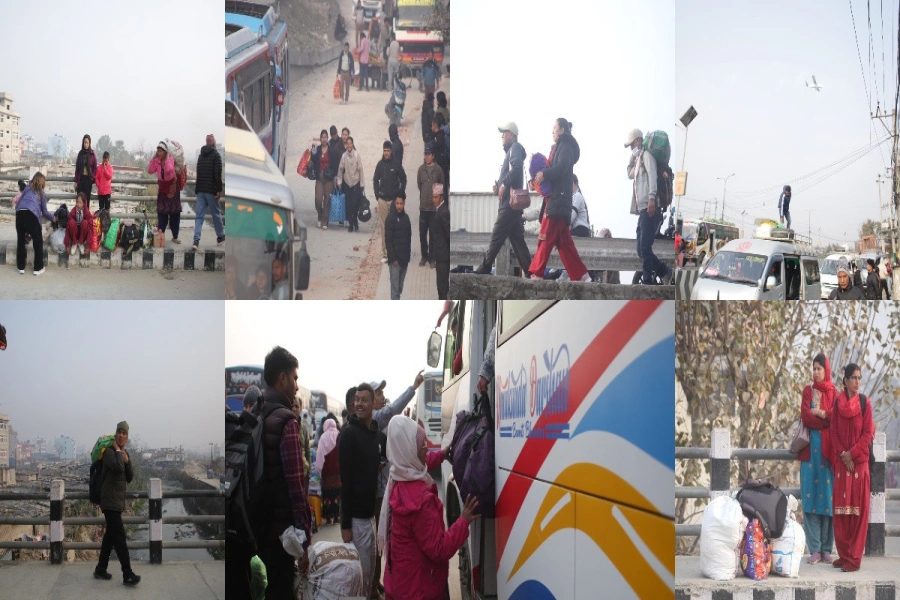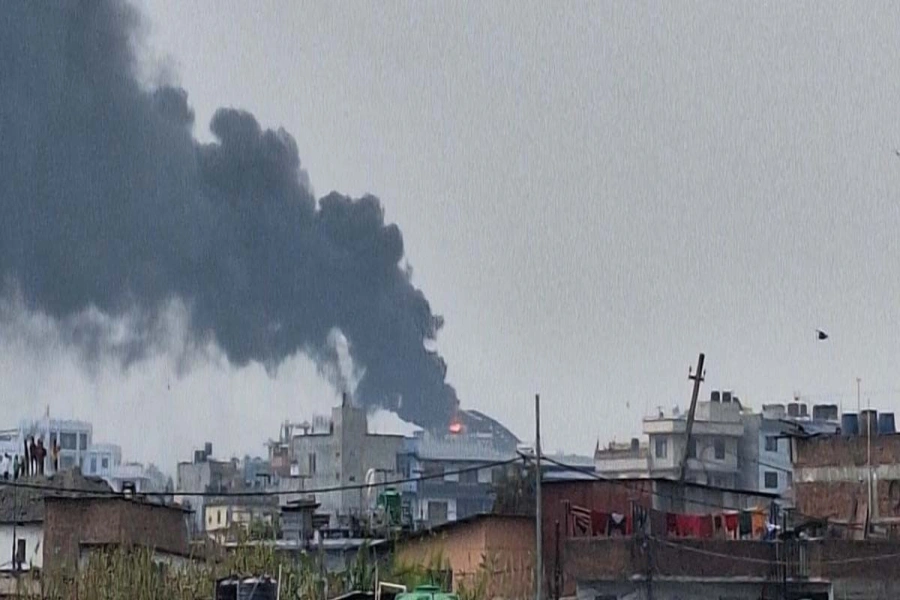KATHMANDU, Nov 21: The Government is set to sign a first-ever labor-agreement with Oman and renew its agreement with UAE, Saudi Arabia and Qatar. The Ministry of Labour, Employment and Social Security (MoLESS) said that final preparations are underway.
Basant Bohora, the spokesperson for the MoLESS, said that a high-level discussion for a bilateral labor-agreement with Oman was held in Nepal, and a draft was dispatched to Oman after preliminary agreement. He further added, “After the high-level discussions in Nepal, the draft has been sent to Oman. With the approval by Oman’s Cabinet and the completion of the legal process, they will be sent back to Nepal. On our side, we are also pushing the legal process.”
Nepal first signed a bilateral labor agreement (BLA) with Qatar in 2008. Similarly, it sealed a Memorandum of Understanding (MOU) with South Korea in 2007 and with Malaysia in 2018. Furthermore, efforts are being made to establish labor agreements with countries like Turkey, Lebanon, Spain, and Brunei.
The work for renewing the labor agreement with Korea in 2007 is also advancing. With the labor agreement in 2007, Nepali workers have been going to Korea from Nepal through EPS. Nepal signed a labor agreement with Romania on October 6, 2023. Following that, Labor Minister Sharat Singh Bhandari signed a joint declaration (JDL) on October 7 with Germany on skilled labor migration and knowledge exchange.
Nepal set to ink labor agreements with Oman and Spain

He mentions that an agreement is about to be signed with Oman, where the employer will bear all the costs associated with the workers. "An agreement is being made under the employee-paying model with Oman. The agreement does not mention the minimum wage of the workers. However, various aspects related to the payment modality have been included. The issue of paying money through banking channels has been included,” added Bohora.
Similarly, Nepal has also emphasized the issue of sending the bodies of Nepali nationals who died in Oman to Nepal as soon as possible. Minister Bhandari mentioned this in his progress report, along with the process of the renewal of bilateral labor agreements with South Korea (EPS) and Malaysia, and the ongoing process of a bilateral labor agreement with Oman.
Nepal has prepared to renew its labor agreement with Malaysia, which has signed its agreement in 2018. The term of the labor agreement expired from October 29. According to the MoLESS, Nepal has repeatedly urged Malaysia for a labor agreement since, but Malaysia has not shown any eagerness to reach an agreement.
Bohora said, “We have sent the draft labor agreement to the government of Malaysia. The Nepali Embassy in Malaysia submitted the draft to the Ministry of Foreign Affairs, Malaysia, through the Ministry of Foreign Affairs. The draft has reached Malaysia’s Ministry of Labor.”
He stated that the labor agreement between Nepal and Malaysia has been finalized on Nepal’s behalf and sent to the Malaysian government through the Ministry of Foreign Affairs, and the response is still pending.
Malaysia is interested in receiving household workers from Nepal. It has repeatedly urged for this, but Nepal has banned its household workers from going to Malayasia. Therefore, they cannot send them immediately, as stated by officials of the ministry.
The Ministry of Labor of Malaysia has not yet provided an official response. Bohora said that the Ministry will proceed only after receiving the response regarding whether the documents sent from Nepal will be accepted or if there will be any further changes.
Malaysia has announced an increase in the minimum wage for workers to 1,700 Malaysian Ringgit, effective from February 2025. The Malaysian government has announced an increase in the minimum wage which is 1500 per month.
While Malaysia has increased the salaries of migrant workers, it is still unclear when Nepali workers will be allowed to go there. Currently, Nepali workers are unable to travel to Malaysia, which is the main labor destination of Nepal.
Since May 31 2024, Malaysia had halted taking workers from all countries including Nepal to manage internal affairs. As a result, the number of workers going to Malaysia has significantly decreased. Now, there is growing concern in countries like Nepal about when Malaysia will reopen for workers.





-1200x560-1772467693.webp)































